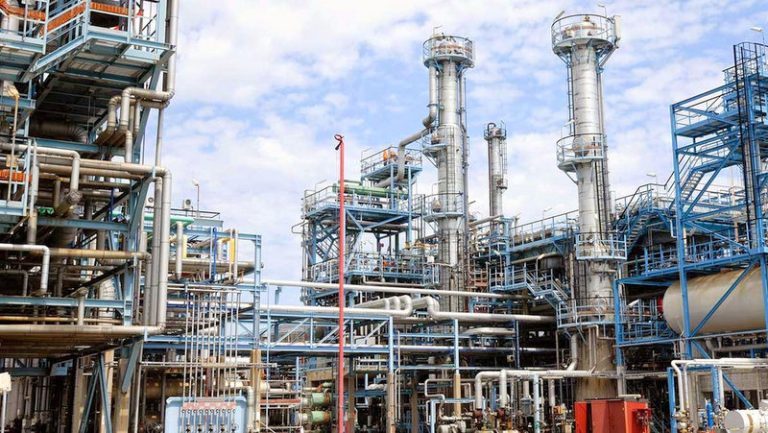ECONOMY
Economist hails FG’s closure of contract deal for 4 refineries’ rehab as cost effective

Mr Friday Udoh, an economist, has said that the Federal Government had been vindicated for successfully closing the deal for the rehabilitation of four refineries in the country.
Udoh, Chief, South South Coordinator, Institute of Chartered Economists of Nigeria, made this known on Tuesday in a statement, in Port Harcourt.
Our correspondent recalled that the Federal Government, had in March and August approved the rehabilitation of the country’s four refineries at the combined cost of $2.984 billion dollars.
However, the announcement was rejected by some eminent Nigerians and lawmakers, who described the cost of the repairs as “outrageous and heavily inflated,” and insisted on the outright sale of the refineries.
According to Udoh, the successful rehabilitation of the nation’s moribund assets and refineries can earn the country more than $14.32 billion Dollars per annum.
“We commend the government team involved in the negotiation, for their painstaking efforts that resulted in the successful contract closure of the nation’s four refineries.”
“The team closed the deal at about 21.05 per cent and 23.81 per cent cost per barrel capacity, which is less than the cost of a new plant based on a global benchmark.”
“The global benchmark put a new plant Per Barrel Capacity (PBC) at about N12.46 million ($30,000 dollars) or above.”
“So, we commend the government for opting for the cheaper option of rehabilitating the Port Harcourt refinery at N2.97 million PBC (7,146 dollars) and N2.63 million (6,314 dollars) PBC for Warri and Kaduna refineries,” he said.
Udoh said: “this implies that the Port Harcourt refinery, for which the Federal Government approved $1.5 billion dollars for its rehabilitation” would cost 23.81 per cent less than the global benchmark cost for a new plant.
The economist further added that repairs of Warri and Kaduna refineries at a contract fee of $1.484 billion dollars now cost 21.05 per cent less than the rate for a new plant.
“So, the continued call for the sale of the nation’s refineries can derail the very essence of the programme, thus favouring the status quo.”
“The reactivation of the refineries must be allowed to be concluded, and at completion outsourced to a reputable firm for at least two years before their privatization.”
“Apart from the multiplier effects on the economy and based on NSADAQ’s Brent crude oil price sees the nation’s four refineries contributing about $14.32 billion dollars.”
“So, selling of assets that have not fully functioned in more than 22 years will attract a poor offer of not more than $908 million dollars.”




























 Davido's Net Worth & Lifestyle
Davido's Net Worth & Lifestyle 
